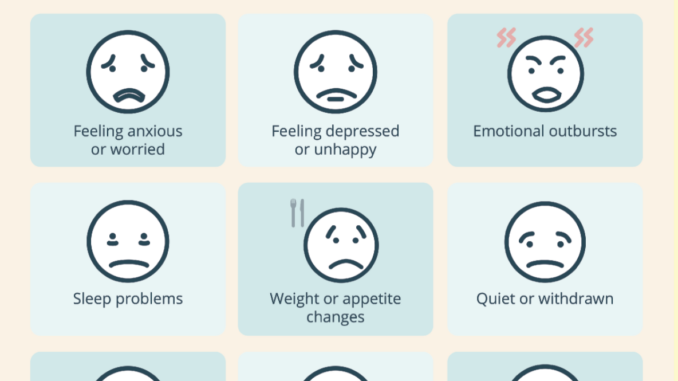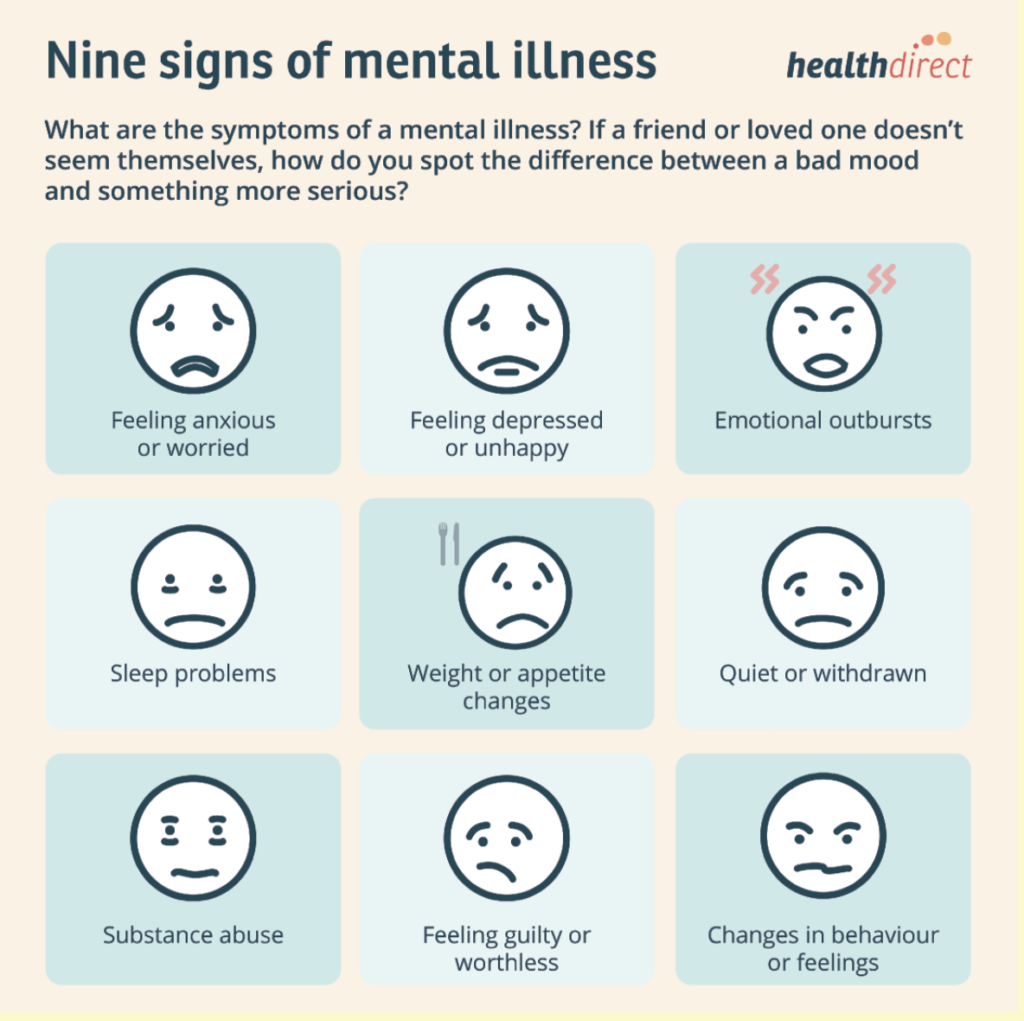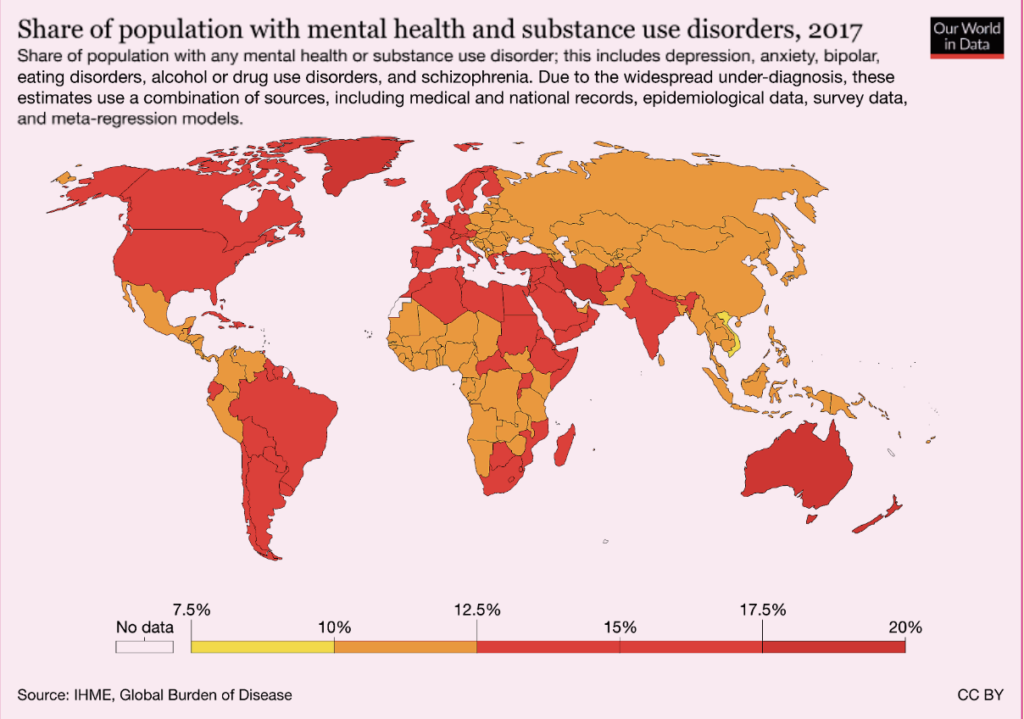
A mental illness is a condition that affects a person’s thinking, feeling, behavior or mood. These conditions deeply impact day-to-day living and may also affect the ability to relate to others.” (National Alliance of Mental Illness)
Anxiety and depression are the most common mental illness in the world.
When COVID forced us to stay home last year, I got depressed for five months. It didn’t help that there was no place to go to divert my mind or change the scenery. I was overloaded by death and data.
I knew I was depressed because I didn’t want to do the things I used to find enjoyable: eat, read, write, sleep. I spent my days and late nights watching all the Korean dramas and Asian Crushes on Netflix—all the way to 2007. I exhausted all the More Like This suggestions that after three months, Netflix didn’t even bother to suggest other shows or movies.
Because I had to read subtitles I couldn’t do chores nor leave the screen like I normally do with American shows. So I was stuck on the couch as Netflix played continuously that it kept asking me, “Are you still watching?” I took that to mean, “Ivy are you okay?” (to the tune of Michael Jackson’s “Smooth Criminal”).
“Approximately 280 million in the world have depression.”
World Health Organization
The thing with depression is that you’re too sad to care. So I didn’t even bother to tell anyone I was depressed. I just didn’t do anything—at all. Nothing got done in the house. Thank God for vienna sausage.
I didn’t want to talk to anyone. My family was in the house with me but I told them not to bother me because I was watching. I pretended I was doing research and even joked about the ludicrous romantic plots. No one knew how I really felt.
“Many people who have a mental illness do not want to talk about it. But mental illness is nothing to be ashamed of! It is a medical condition, just like heart disease or diabetes. And mental health conditions are treatable.” (American Psychiatric Association)
My experience wasn’t unusual. In a US survey of adults for April to June 2020, over 40 percent of adults reported at least one mental condition like anxiety, depression, trauma, and stress-related disorder.
This was higher than in 2019. Many also started using substances or increased their normal use. (Centers for Disease Control and Prevention)
It’s really depressing when you feel that you can’t control your life and there seems to be no hope.
To add to the burden of mental illness, talking about it is shameful. No one knows how to deal with it. That’s why many sufferers go unreported around the world.
“Despite being the 5th largest disease burden at a global level (and with within the top three across many countries), detailed data is often lacking. This is particularly true of lower-income countries.” (Our World in Data)
Here comes the sun

What finally broke my fog was going to the beach for a few days. The sun melted my sadness away. I started to read and write again. I regained my appetite and I enjoyed food again.
I tried to stay outdoors longer and take sunset walks. That helped me sleep better so my mood improved greatly. By the time I got home, I was almost my usual cynical self.
Since then I’ve told people casually about my depression. “Sorry I didn’t see your email. I was depressed.” I even mentioned it on Instagram when I posted about a sewing book this January 2021. Weirdly, that got a LOT of views and likes, more than the 12 I usually get from people I actually know in real life. It’s still my highest viewed post so far.
Knowing how hard it was to get out of the depressive dumps, I didn’t allow myself to wallow in despair anymore. As soon as I felt hurt, I told the offending spouse or child so they know they need to apologize and make it better.
I made an effort to get over bad feelings quickly so I wouldn’t get caught in a downward spiral. Whenever sadness started to creep in, I read a funny book, watched comedy, or played dance music.
“1 in 5 US adults experience mental illness.”
National Alliance of Mental Illness

It really helped if I wrote down my feelings. Venting on paper helped me express negativity that my anger dissipated to a mere annoyance. It’s like the pensieve in Harry Potter, but with a pen instead of a wand.
Of course physical movement always helped. When I’m upset, I walk briskly, which is just my slow walk but with a huff, and after my joints start complaining, I’m ready to relax—because I can’t walk any further.
To keep from feeling sad, I regularly do what I enjoy. I go to the library weekly and over borrow bags of books I will never read. I read funny authors, but sadly there are so few of them. I watch well-written sitcoms. It’s well-written when at least two characters have real jobs and don’t just own a coffee shop or store or want to be an actor. And no, doctors are NOT funny.
Now I try to find the funny in my life. Beyond mocking my son’s first crush, I’m reading comic masters and how to write humorously. I signed up online to learn comedy writing with Second City, where Steve Carrell and Tina Fey studied. No I don’t plan to become a stand up comic. That’s for my retirement when everyone I want to lambast is dead.
But right now, I just want to laugh.



